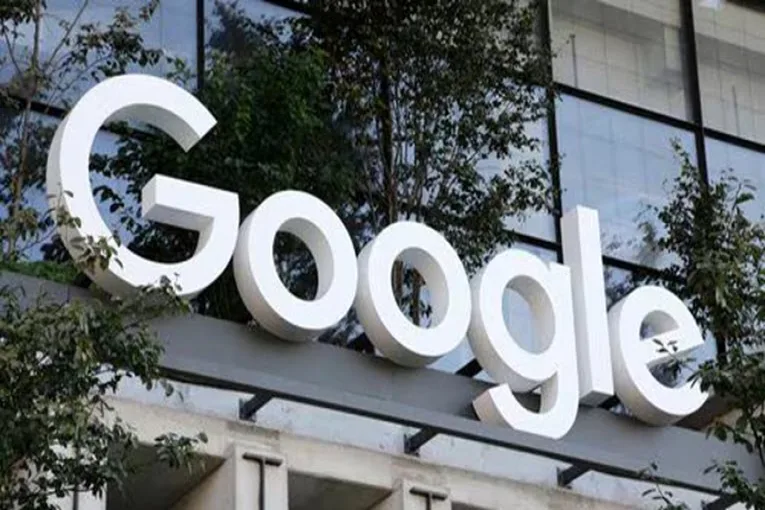
As per an article by The Associated Press, Google has offered to give “California millions of dollars to pay for local journalism jobs in what has been labeled as a first-in-the-nation deal,” Even though this proposition might come forth as beneficial for the journalism industry and encouraging towards newcomers, journalists have described it as a disappointing agreement—showcasing how all that glitters is probably not gold.
According to The Associated Press article, “this agreement mostly benefits the tech giant, Google, and was hashed out behind closed doors.” While this agreement “directs tens of millions of public and private dollars to keep news organizations afloat,” the article describes how “critics have labeled it as a textbook political maneuver” as it led to the “scraping out of a bill that required tech giants to support news outlets they profit from.”
As stated in an Associated Press article published in June 2023, this bill “forced Big Tech companies to pay media outlets for posting and using their news content.” Discussing the advantages of this bill, the article went onto state how “California lost more than 100 news organizations in the past decade” and how this initiative would help “local media organizations survive after many have seen their advertising revenue nosedive due to the advent of the digital era.”
However, with the onset of Google’s latest proposal, The Associated Press article describes how “California lawmakers have agreed to kill this bill.”
Shedding light on the statistical details of this proposal by Google, the article states how it totals $250 million and “will provide money for journalism initiatives and a new AI research program.”
Of the proposed $250 million, the article states how “roughly $110 million will come from Google, and $70 million from the state budget to boost journalism jobs.” As per the article, “Google will add another $70 million to fund the AI research program which will help build tools that solve real world problems.”
Quoting Victor Pickard, Professor of Media Policy and Political Economy at the University of Pennsylvania, the article depicts how this multi-million-dollar-proposal—in lieu of the bill—might not be as straightforward an exchange as it seems to be.
In The Associated Press article, Pickard says that “Google got off easy.” He also goes onto state, “By shelving the bill, the state effectively gave up on an avenue that could have required Google and social media platforms to make payments to publishers for linking news content.”
Putting forth the reasoning behind this multi-million-dollar move, in The Associated Press article, Google quoted how “the deal will help both journalism and the artificial intelligence sector in California.”
Elaborating on how this deal will help these seemingly disparate industries operate hand-in-hand, Kent Walker—President of Global Affairs and Chief Legal Officer for Google’s Parent Company, Alphabet—said in the article, “This public-private partnership builds on our long history of working with journalism and the local news ecosystem in our home state, while developing a national center of excellence on AI policy.”
The article also points out how funding to build new AI tools might be a wolf in a sheep’s disguise. While California State Representative Buffy Wicks says that the “details of the agreement are still being ironed out,” the article looks upon the prospect of funding AI initiatives as a “possible move by tech companies to eventually replace news organizations.” Comparing this move to the bill passed by Buffy Picks, the article conclusively points out that “the latter does not include AI provisions.”